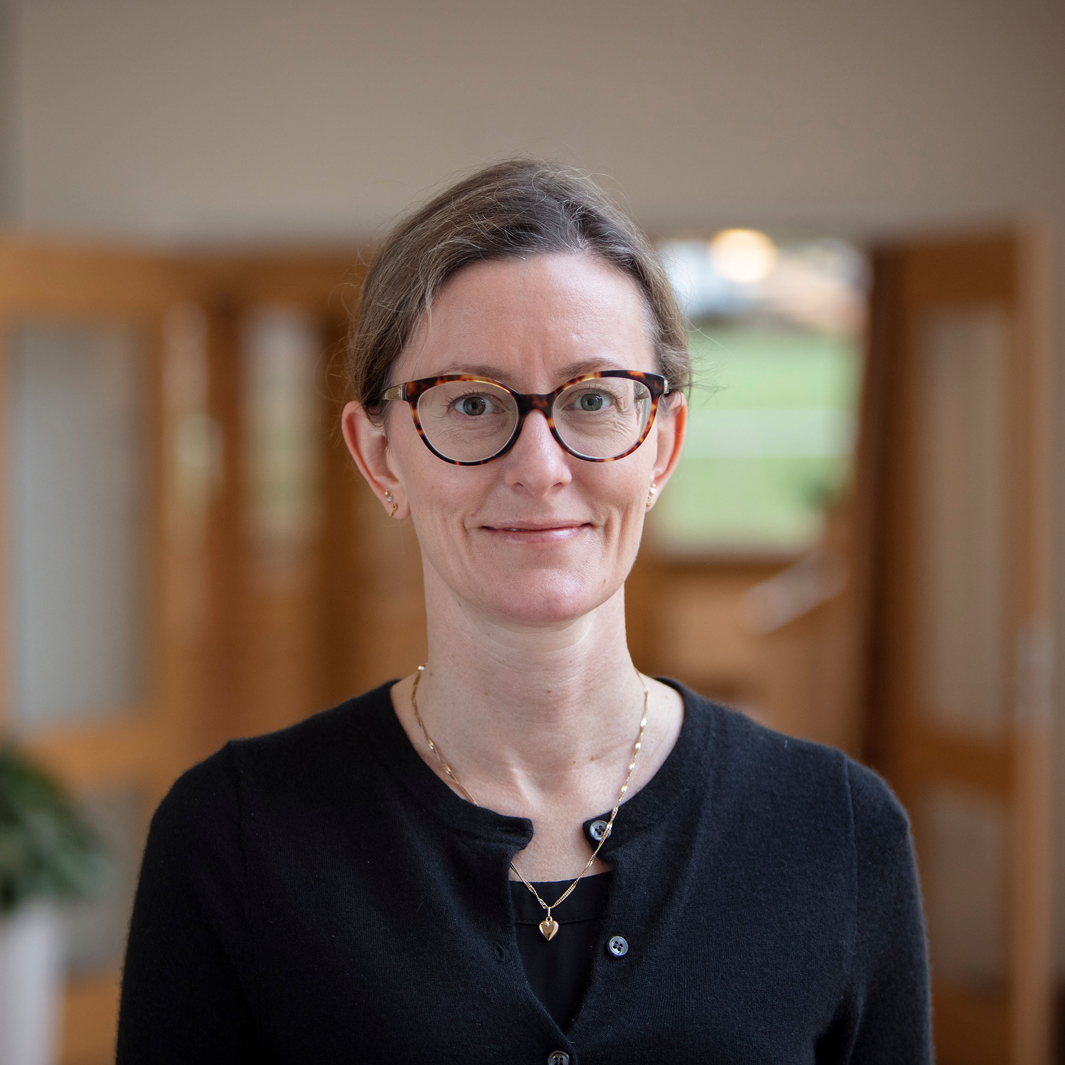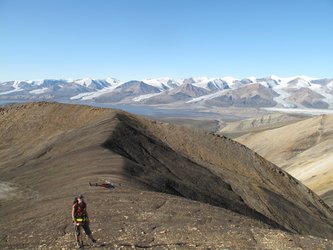
This research will explore the cumulative effects and feedback mechanisms of climate change, volcanism, tectonism, and carbon, nutrient, and trace metal cycling during Early Cretaceous greenhouse conditions on ecosystem functioning of then widespread polar forests. Study of past episodes of greenhouse warming from geological, geochemical, and ecological perspectives provide insight into the impact of climate change on ecosystems that can be used to predict Earth’s response to unabated carbon emission in the future. This multi-disciplinary research will acquire and integrate new knowledge on carbon, nutrient, trace metal cycling, and terrestrial ecosystem functioning from Lower Cretaceous sedimentary rocks exposed in high northern latitudes. Application of novel geochemical techniques and modern ecological multivariate statistical modelling to long-time perspectives will produce insight into community-level ecosystem dynamics and their response to environmental changes associated with episodic emplacement of the High Arctic Large Igneous Province, development of the Amerasia Basin, and global carbon cycle perturbation.
Project title:
Arctic Terrestrial ecosystem functioning during the dynamic Early Cretaceous Greenhouse World Arctic
Area of research:
Earth Sciences, micropaleontology, paleoclimatology, paleoecology
Fellowship period:
1 Feb 2019 – 31 Jan 2020
Fellowship type:
AIAS-COFUND II Marie Skłodowska-Curie fellow

This fellowship has received funding from the European Union’s Horizon 2020 research and innovation programme under the Marie Skłodowska-Curie grant agreement No 754513 and The Aarhus University Research Foundation.


Jennifer Galloway standing on strata of the Deer Bay Formation, Axel Heiberg Island, Canada.